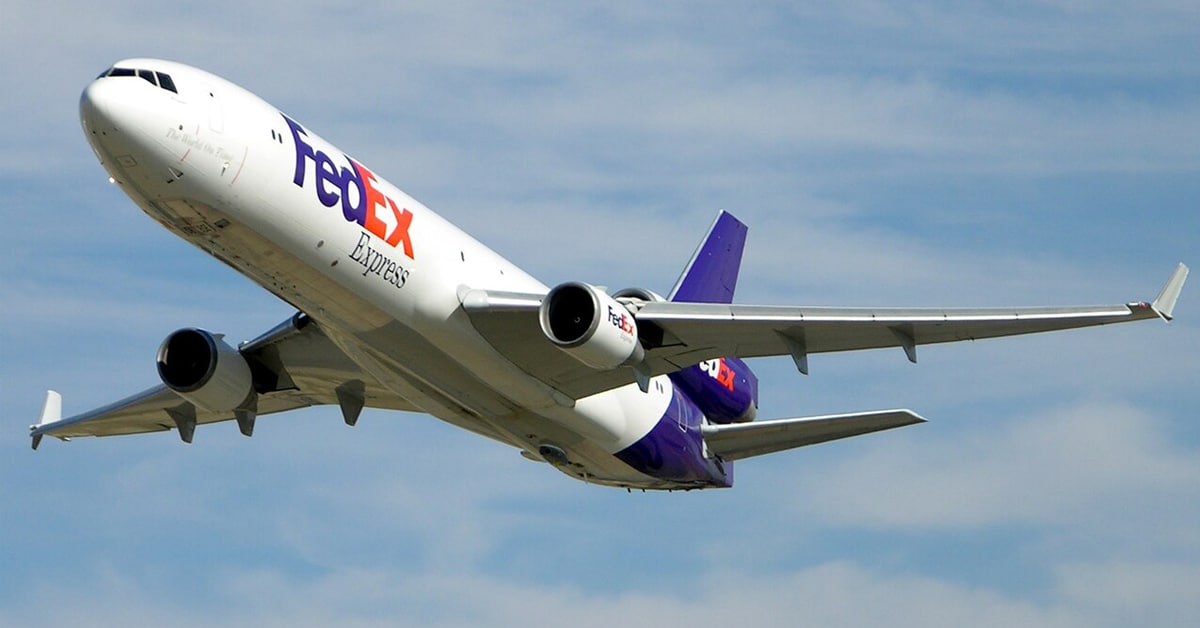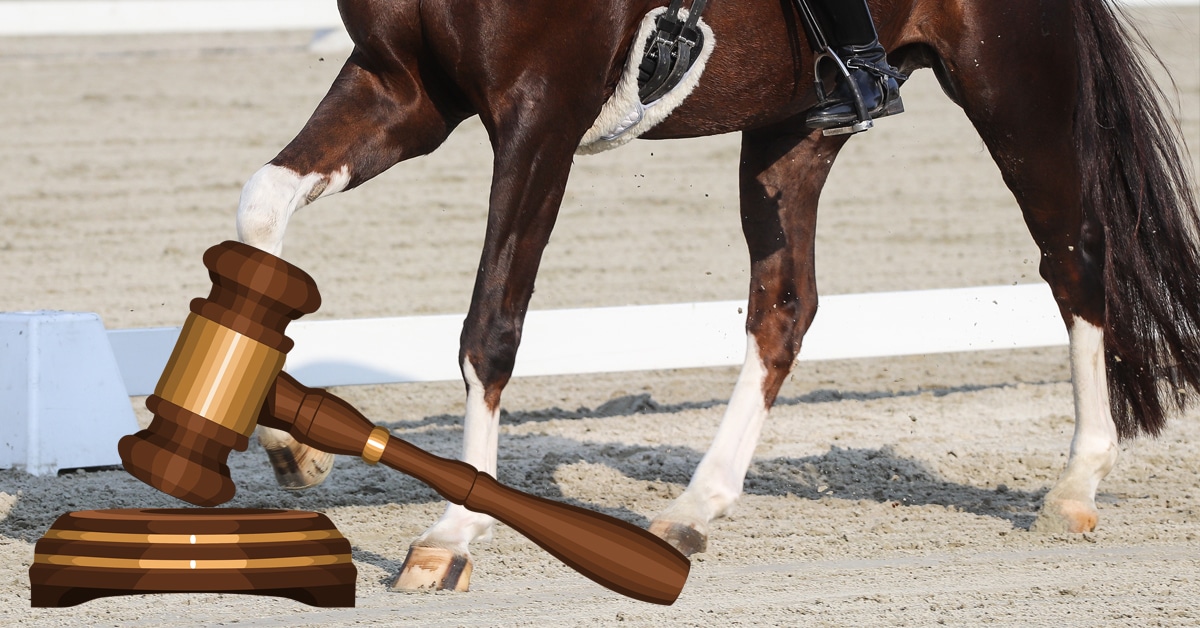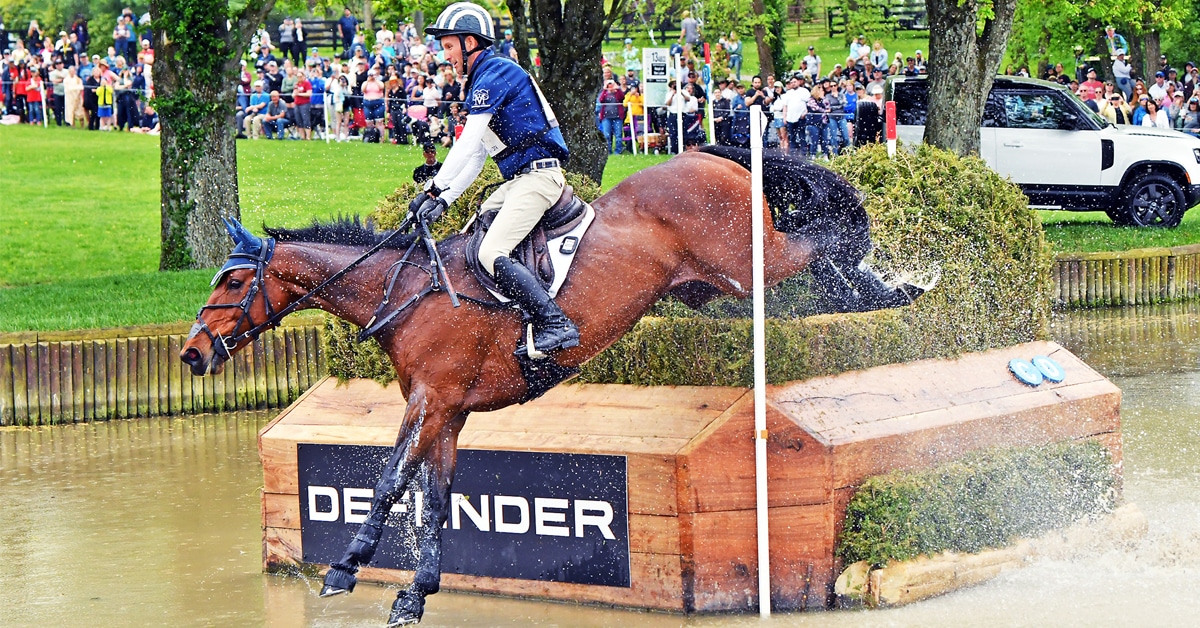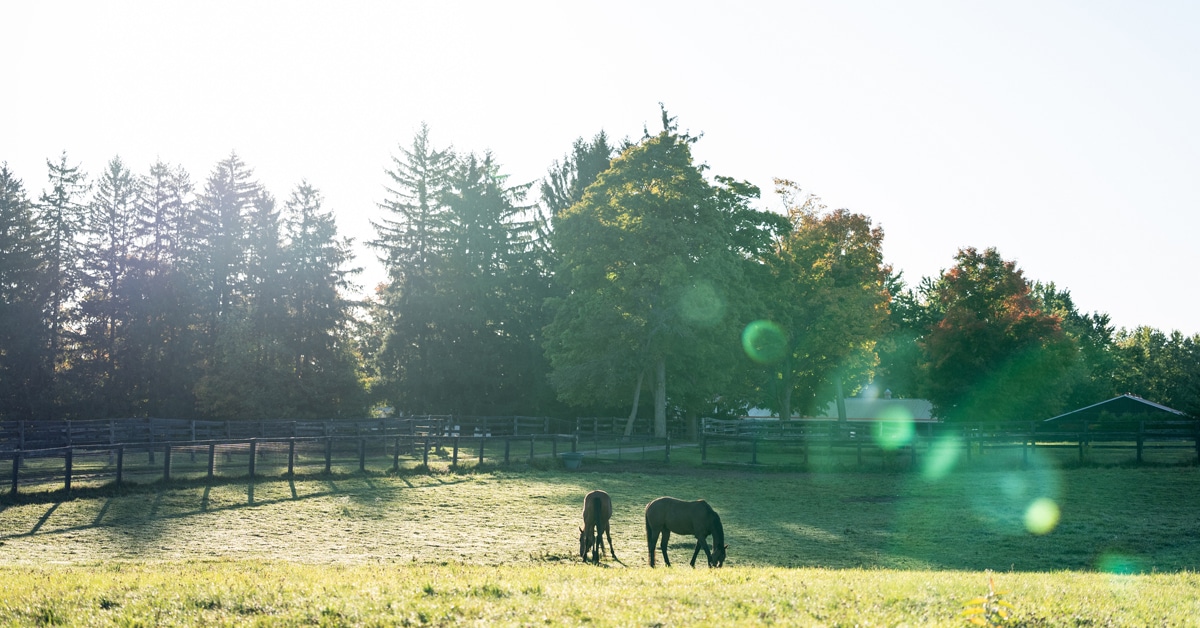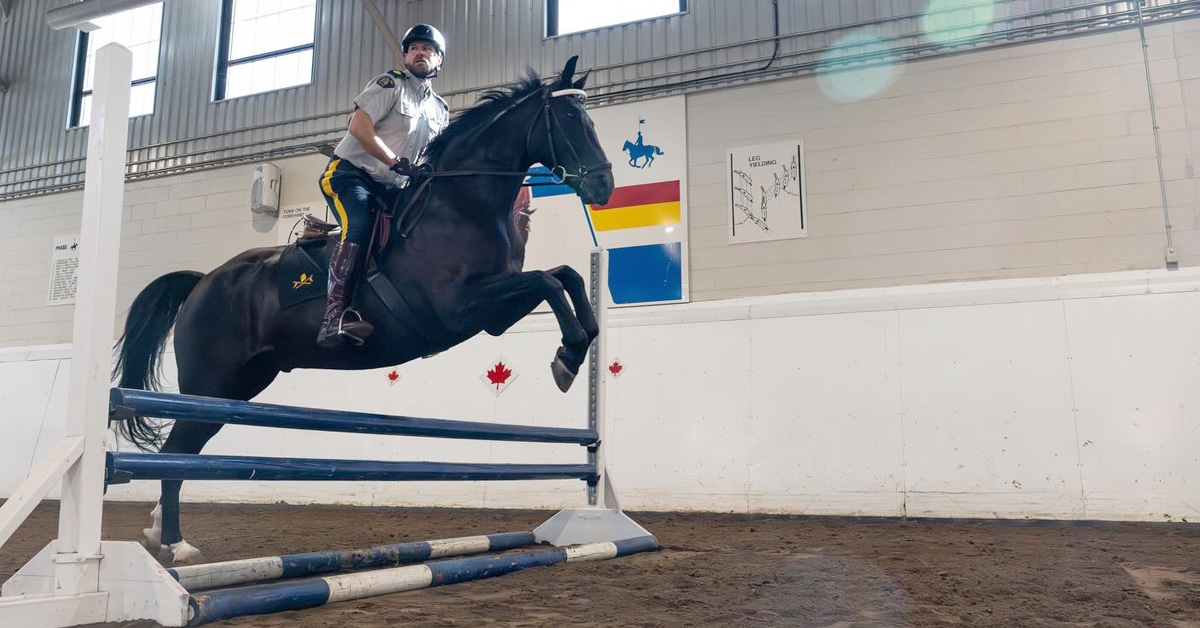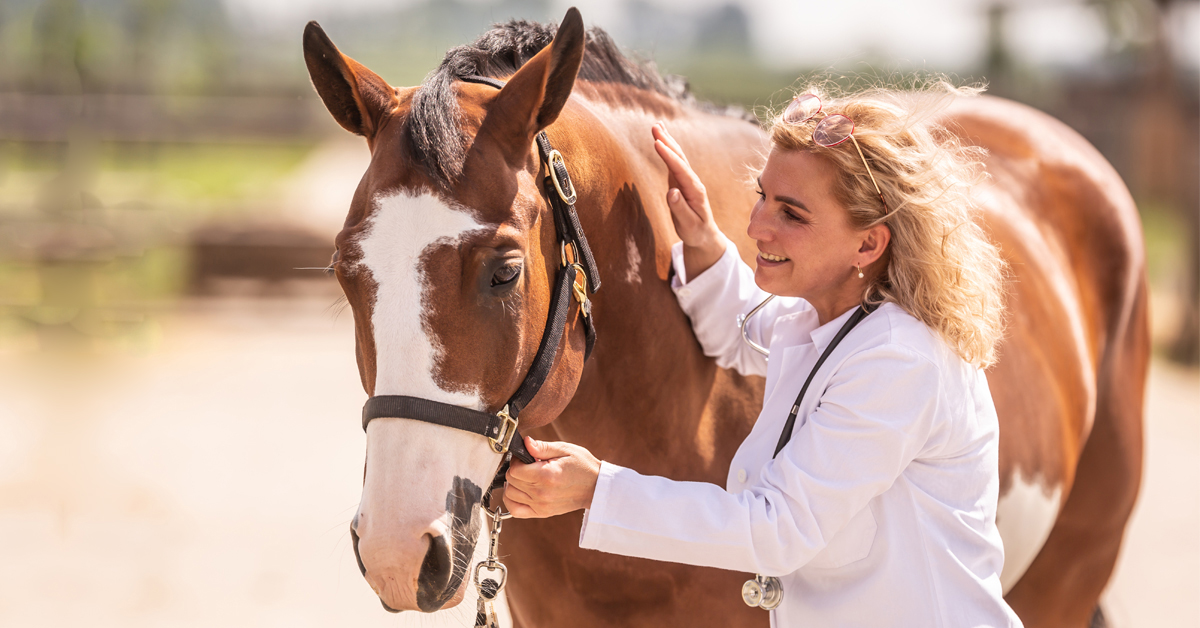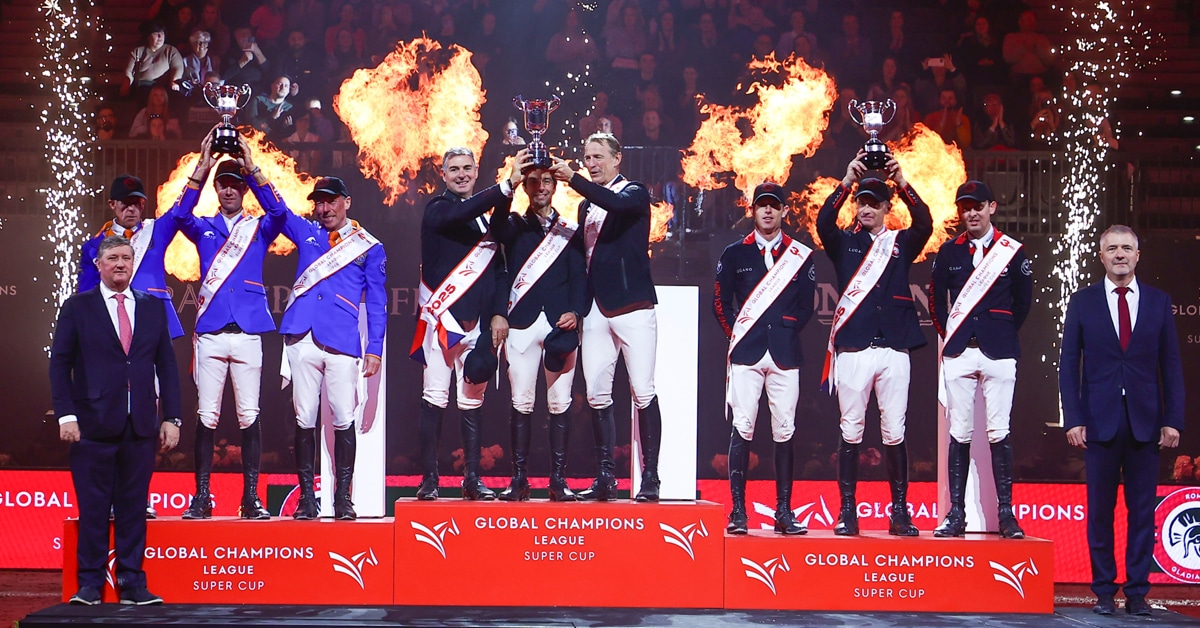Canada’s Lauren Barwick has qualified to move on to the final Freestyle Test on Sept. 16 to close out the para-dressage competition at the Rio 2016 Paralympic Games in Rio de Janeiro, BRA.
On Sept. 15, Barwick rode Onyx, a 13-year-old Hanoverian gelding sired by Wolkentanz and owned by Equestrian Canada, to a seventh place finish on a score of 68.686% in the Grade II Individual Test. Having achieved a score of 69.265% for seventh place in the Team Test earlier in the week, Barwick’s two-round total qualified her to move on as part of the top seven to compete in the Grade II Freestyle.
“I was happy with Onyx,” said Barwick, 39, who has now competed at four consecutive Paralympic Games and has individual Gold and Silver medals under her belt from Beijing 2008. “It was a clean test and the walk was much better today. We did what we set out to do in our plan, so I couldn’t ask any more from him.”
Barwick also reflected on her fourth Games experience, commenting, “The Paralympics, more than any other time in your life, cause you to reflect on how grateful you are. Just to be here and going to my fourth Paralympic Games and having so many people support me – I can’t help but feel so grateful.”
The Gold Medal in the Grade II Individual Test went to Natasha Baker and Cabral of Great Britain on a score of 73.400%, followed by Demi Vermeulen of The Netherlands aboard Burberry in the Silver Medal position with 71.600%. Vermeulen’s teammate, Rixt van der Horst and Caraat took Bronze on 70.743%.
Robyn Andrews of St. John’s, NL also competed on Sept. 15 and was the final Canadian rider to complete the Individual test at the Games. Partnered with Fancianna, her 15-year-old Friesian/Andalusian mare, Andrews rode to a score of 64.261% in the highly competitive Grade 1a division – which had the largest number of entries of the Games – to finish in 22nd place.
“I was really happy with that ride,” said Andrews, 33, who made history during her Grade 1a Team Test on Sept. 12 by officially becoming the first equestrian athlete from Newfoundland and Labrador to compete in an Olympic or Paralympic Games. “In the first class, I had a bit of jitters. But this one, I found I was more comfortable. I thought today was much more accurate.”
Speaking about her overall experience in her Paralympic debut, Andrews said, “My time in Rio has been good. I’ve had a good experience and learned how to handle my nerves.”
The Gold medalist in the Grade 1a Individual Test was Sophie Christiansen and Athene Lindebjerg from Great Britain with 78.217%. Anne Dunham, also of Great Britain, was the Silver medalist aboard LJT Lucas Normark on 74.348%, and Brazil’s Sergio Oliva earned Bronze for his hometown crowd on Coco Chanel with 73.826%.
Overall, the Canadian Para-Dressage Team, comprised of Andrews and Barwick along with Ashley Gowanlock of Surrey, BC and Roberta Sheffield of Lincolnshire, GBR, finished in 13th place in the team standings after five days of competition.
The team results were based on the combined scores of the top three horse-rider combinations from each country in the Team Test and Individual Test. Canada finished on a team score of 414.926. Great Britain claimed Gold with 453.306 and Germany took the Silver Medal on 433.321. The Netherlands earned the Bronze Medal with a score of 430.353.
Unfortunately, Barwick is the only Canadian to move on to the Freestyle, as Andrews, Gowanlock and Sheffield finished below the cut-off score in their respective divisions. As per Paralympic rules, only the top third of the entries in each Grade – based on the combined score of the Team and Individual tests – move forward.
For more information on para-dressage at the 2016 Rio Paralympic Games, including the full schedule of equestrian competition, Freestyle start lists and live results, please visit www.rio2016.com/en/paralympics/equestrian.
More News
